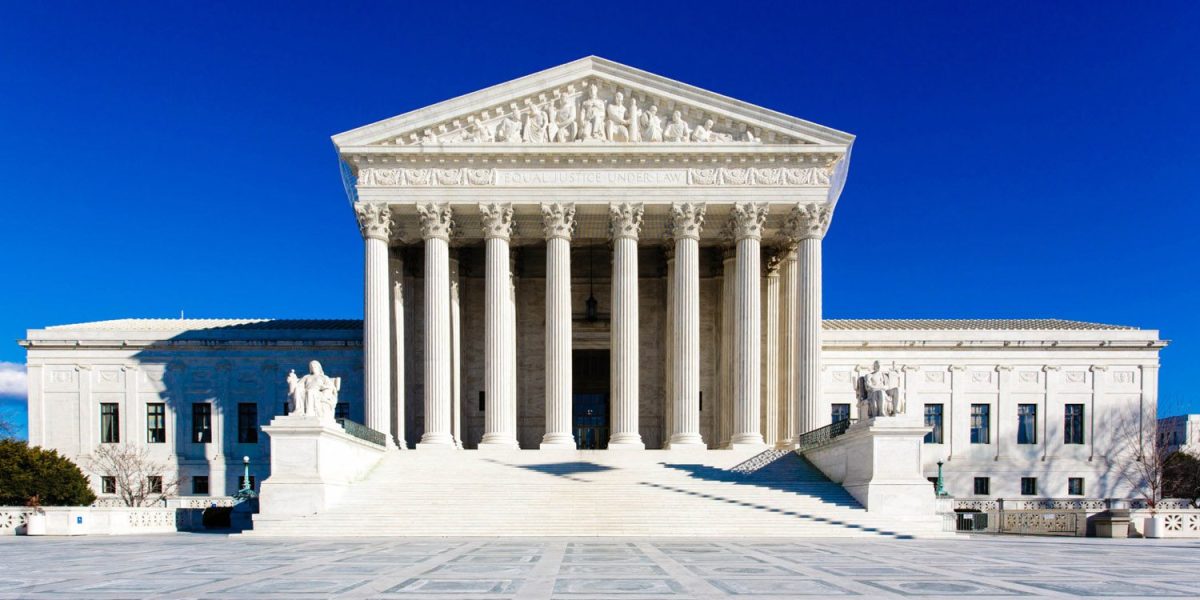Should court decisions be based on the language in the law or intent?
Our judicial system is one of the great systems in the world if not the best but the human factor does not always provide the result we expect in the decisions that are made. Whenever humans are involved in making decisions about laws on the books their perception as to what the decision should be may differ with reality. The real question is on what court decisions should be based. The answer to this question will undoubtedly have different opinions but based on the content in the Constitution the answer in my opinion is clear. Court decisions should be based on the language in laws passed either by states or the federal government. Making decisions based on perceived intent can cause and does cause future problems.
The purpose of our judicial system is clear to provide resolution based upon questions regarding laws before them. While some levels of our judicial system have inserted their opinion in various situations this is not the purpose. To begin how any individual or judicial entity can determine the intent of any legislative action is questionable at the least. Individuals involved with legislative action are the only ones which can relate to the intent when it was initiated. Some decisions made at lower courts which involved opinion rather than the content of the law have been overturned through higher court actions but this is not always the case.
Some say that the purpose of our judicial system is to interpret the law and this is true to some extent. There is a fine line though between interpreting the law and making decisions based on the content of the law. The authority of our judicial system is limited in that it has no method of enforcing the decisions it makes as it depends on state or federal governments to ensure the decisions made are not ignored. The penalty, if any is left to state and federal governments.
As I have previously stated our system of government and specifically our court system is one of the greatest if not the greatest in the world but when humans make decisions related to our laws they are not always met with open arms. In some cases based on the reaction to decisions made state and federal governments have made changes to laws on the books as decisions handed down by the courts do not reflect the intent of the legislation. This is as it should be. Decisions made by courts must be honored until they are overturned either by appeal or through legislative action. In some cases injunctions have been issued until a final resolution is achieved through the courts, which is one of the critical elements within our court system.
Bad decisions are going to be made within our court system it is a fact of life. It is the reaction to these decisions and eventual actions to reverse them that signifies our whole process. Is our judicial system perfect by all means the answer is no it is the job of state and federal governments as applicable to make changes in the system to make it better while not violating the rights of individuals or state and federal constitutions? Does this always occur again the answer is no. Changes always take place when pressure is place on elected officials to correct errors in judgment which occur from time to time within our judicial system. It is us the people who have the power to require changes be made by our elected officials.
The recent decision by the Supreme Court regarding the Affordable Care Act (ACA) involving subsidies for individuals in states which have not established exchanges is in contradiction to the law as written. While I understand to some extent the reason for the decision made it is not the purpose of any court let alone the Supreme Court to make decisions contrary to the law as written. It is true that many individuals would have been harmed if the decision was different but it is Congress who has the responsibility legislative requirements. The law as written did not allow subsidies for individuals in states which did not establish exchanges. Executive departments in allocating funds in these areas were in violation of the law. The laws as written and signed by the President must be followed to the letter not ignored. The Supreme Court should have upheld the letter of the law.
One of the comments after the decision was that the ACA is here to stay and while this may be the case in the current situation but it may not be the case in the next administration. At this point it is not known what the makeup of Congress will be after the next election but Congress has the power and authority to revise or replace legislative actions as appropriate. It is clear this health care law has problems and is widely unpopular with the American people. While it may be helping some individuals the benefits do not outweigh the negative impact of the legislation as written. I do believe there are some good aspects of the legislation which should be retained in any revision or replacement but the negative impact on individuals and the economy must be reconciled in the next administration. This will undoubtedly be an issue in the coming election.








